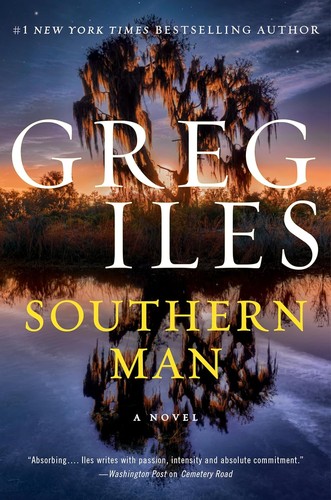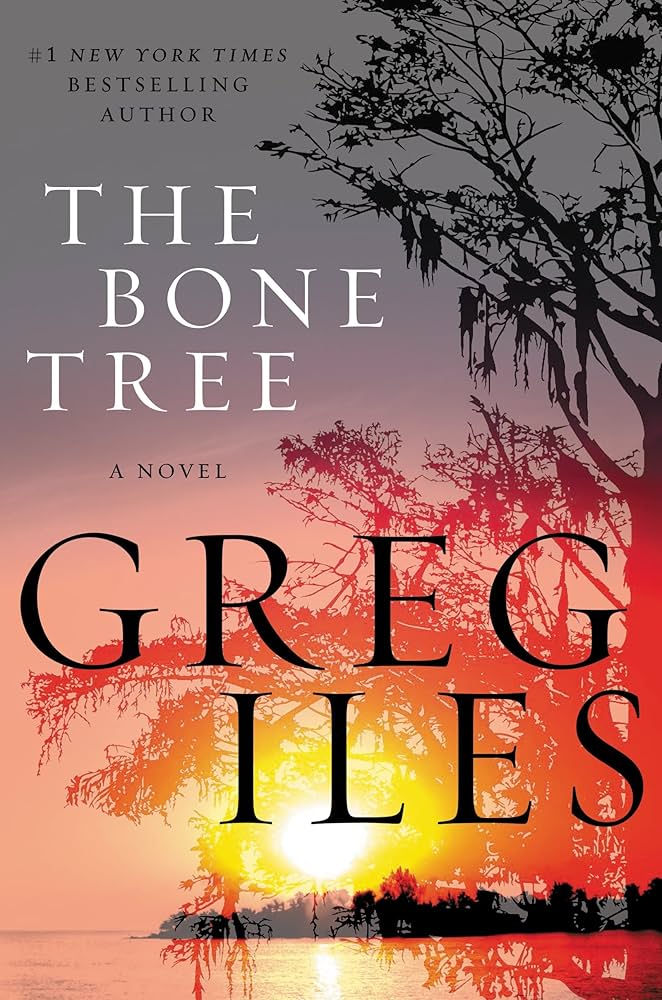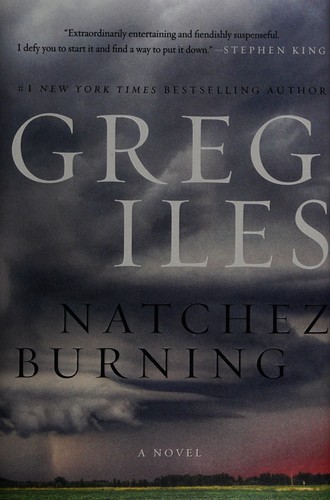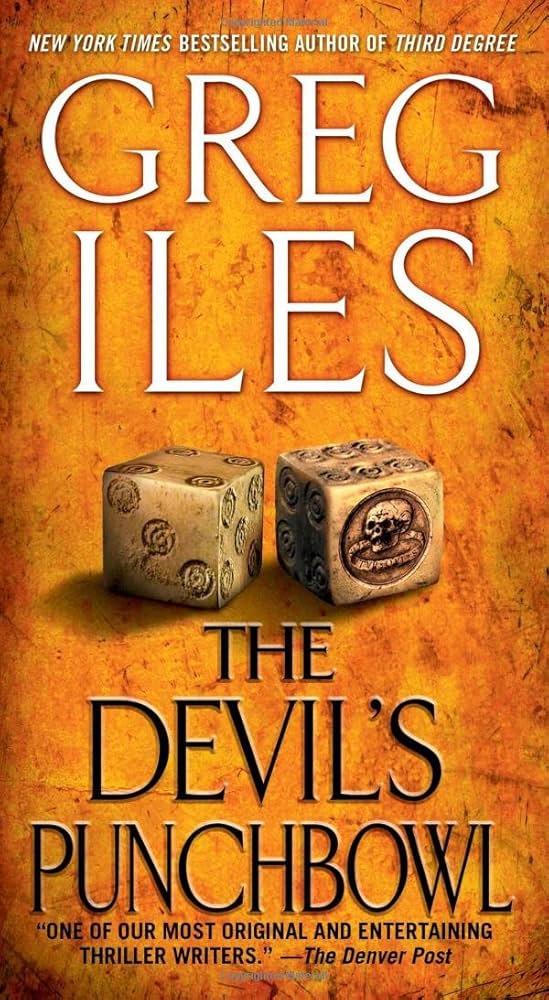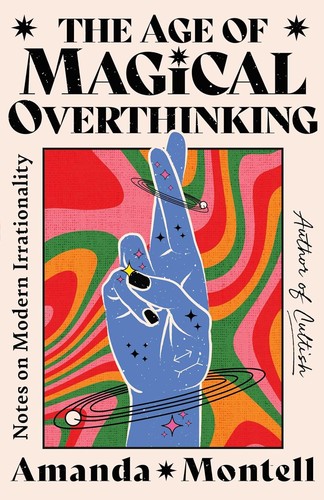Very superficial, not enough about pedagogy and way too much about all the touchy-feely stuff.
Reviews and Comments
@masto.ai/@socprof. Interests: sociology, journalism, science-fiction, but not exclusively.
This link opens in a pop-up window
SocProf reviewed Snafu Edu by Jessamyn Neuhaus
SocProf reviewed Mississippi Blood by Greg Iles
SocProf reviewed The Bone Tree by Greg Iles
SocProf reviewed Precipice by Robert Harris
Not sure what the point was
3 stars
Disappointing entry from Robert Harris. It's based on a true story of an affair between then Prime Minister Asquith and a socialite right at the precipice (ha!) of WWI. But nothing really happens. And I still don't know what the point of the cop was. Just no there there.
Disappointing entry from Robert Harris. It's based on a true story of an affair between then Prime Minister Asquith and a socialite right at the precipice (ha!) of WWI. But nothing really happens. And I still don't know what the point of the cop was. Just no there there.
Rediscover Wings
5 stars
I had forgotten how good Wings were. I liked them when I was a kid but in a kid way. Reading this book made me rediscover their work, and reminded me of McCartney's genius. I also did not realize how big Wing got through the 1970s, until it pretty much crashed around the time McCartney got busted in Japan. After that, it was pretty much over for Wings and McCartney continued to work solo. Again, listening again to their records, though, the amount of freedom to explore is both a blessing and a curse as some pieces are great and others not so much. However, the diversity in sounds, the integration of the emerging genres and tech made the body of work very interesting. Reading this book will lead you to the inevitable conclusion that Wings is due to be rediscovered.
I had forgotten how good Wings were. I liked them when I was a kid but in a kid way. Reading this book made me rediscover their work, and reminded me of McCartney's genius. I also did not realize how big Wing got through the 1970s, until it pretty much crashed around the time McCartney got busted in Japan. After that, it was pretty much over for Wings and McCartney continued to work solo. Again, listening again to their records, though, the amount of freedom to explore is both a blessing and a curse as some pieces are great and others not so much. However, the diversity in sounds, the integration of the emerging genres and tech made the body of work very interesting. Reading this book will lead you to the inevitable conclusion that Wings is due to be rediscovered.
SocProf reviewed Exiles by Andrew Pyper
SocProf reviewed The Silver Book by Olivia Laing
If you like Italian cinema of the 70s
5 stars
This book is for you. Fellini shooting Casanova, Pasolini shooting Salo. They're all here, following the meandering through life of a young British man. If you've ever read Pasolini's early novels, you will find the structure of this one very similar.
This book is for you. Fellini shooting Casanova, Pasolini shooting Salo. They're all here, following the meandering through life of a young British man. If you've ever read Pasolini's early novels, you will find the structure of this one very similar.
SocProf reviewed The Age of Extraction by Tim Wu
Closing the barn doors after the horses have already left
4 stars
I'm surprised Wu, who's usually prescient, is behind on this. That or he underestimates how much power the tech platforms have already accumulated. Suggesting as a possible, partial solution that tech platforms should not be allowed to invest in AI is closing the barn doors after the horses have already escaped.
I'm surprised Wu, who's usually prescient, is behind on this. That or he underestimates how much power the tech platforms have already accumulated. Suggesting as a possible, partial solution that tech platforms should not be allowed to invest in AI is closing the barn doors after the horses have already escaped.
SocProf reviewed Natchez burning by Greg Iles (Penn Cage series -- 4)
SocProf reviewed The Devil's Punchbowl by Greg Iles
SocProf reviewed Enshittification by Cory Doctorow (Duplicate)
What it is and how to solve it
4 stars
I don't care much for Doctorow's fiction but he has a knack to explain complicated things clearly. And this is true here, as he explains all the ways we got to our enshittified stated. As importantly, the last part of the book is dedicated to potential solutions. 4 stars instead of 5 because the idea that Trump might have an "anti-trust agenda" is laughable.
I don't care much for Doctorow's fiction but he has a knack to explain complicated things clearly. And this is true here, as he explains all the ways we got to our enshittified stated. As importantly, the last part of the book is dedicated to potential solutions. 4 stars instead of 5 because the idea that Trump might have an "anti-trust agenda" is laughable.
A poor sequel to the brilliant Cultish
2 stars
Lightning did not strike twice. As much as I loved Cultish (Montell's previous book), this one bored me. It's all over the place. There is not much that is new. The examples feel shoehorned. And way, way too many personal stories.
Lightning did not strike twice. As much as I loved Cultish (Montell's previous book), this one bored me. It's all over the place. There is not much that is new. The examples feel shoehorned. And way, way too many personal stories.
SocProf reviewed The quiet game by Greg Iles
The first of the series
5 stars
This is the first volume of the Penn Cage set. You can already see the different themes that you find in Iles's contemporary Southern gothic + thriller (the least interesting part of these books, to me, so far). Off to the next one.
This is the first volume of the Penn Cage set. You can already see the different themes that you find in Iles's contemporary Southern gothic + thriller (the least interesting part of these books, to me, so far). Off to the next one.
SocProf reviewed Cemetery Road by Greg Iles
Contemporary Southern gothic
5 stars
This was my first book form this author. I only heard about him because he recently died. It was so good that I'm going back to all his previous work. It's contemporary Southern gothic, and quite a page turner.
This was my first book form this author. I only heard about him because he recently died. It was so good that I'm going back to all his previous work. It's contemporary Southern gothic, and quite a page turner.

